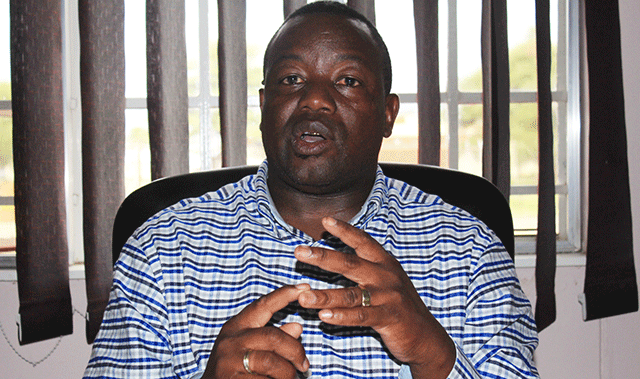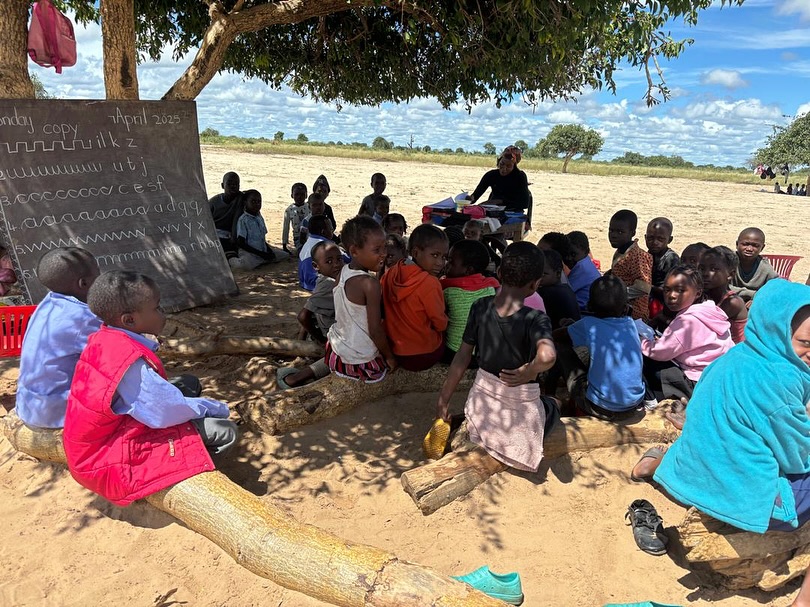The Government Institutions Pension Fund (GIPF) board is divided over which chief executive officer (CEO) candidate to appoint, with some reportedly pushing to cancel the recruitment process and start a new one.
The board has allegedly asked for more time to ponder the decision, mainly because the choice of candidate has become contentious.
People familiar with the process say the board is split between two candidates: GIPF operations general manager Elvis Nashilongo, and GIPF legal chief Melki-zedek Uupindi.
These two candidates are said to be the front runners, amid claims that the division of the board could prolong or halt the recruitment process.
There is also speculation that some influential government officials wanted the recruitment process to be opened up to include people who have not originally applied for the position.
The Namibian in May this year reported that the shortlist initially included Uupindi, Nashilongo, former Development Bank of Namibia boss Martin Inkumbi, and Namfisa’s deputy CEO, Erna Motinga.
Emmanuel Kadhila was also on this initial list, but later withdrew.
Nedbank Namibia’s corporate and investment banking executive, Tjivingurura Mbuende, is also on this list.
“The recruitment process of the CEO/principal officer is underway and not yet concluded,” GIPF board of trustees chairperson Nillian Mulemi said this week.
Mulemi called for patience and asked the media to avoid speculation.
She said speculation may harm those who expressed interest in the position.
She, however, did not respond to specific questions about the process sent by The Namibian.
The delayed search for the boss of Namibia’s biggest pension fund has attracted the attention of the financial sector, especially fund and asset management companies.
The majority of these companies are heavily dependent on managing the GIPF’s money.
As a market leader in Namibia, the GIPF has currently invested about N$57 billion of its N$158 billion in Namibia.
The largest chunk of N$31 billion is invested in government bonds, while N$26 billion is divided between unlisted investments and investments on the Namibia Stock Exchange.
This month, GIPF board appointed general manager of information systems Onno Amutenya has been appointed to act as CEO for six months.
This comes after David Nuyoma was asked to stay on a bit longer between June and August, after he retired in May.
Stay informed with The Namibian – your source for credible journalism. Get in-depth reporting and opinions for
only N$85 a month. Invest in journalism, invest in democracy –
Subscribe Now!










